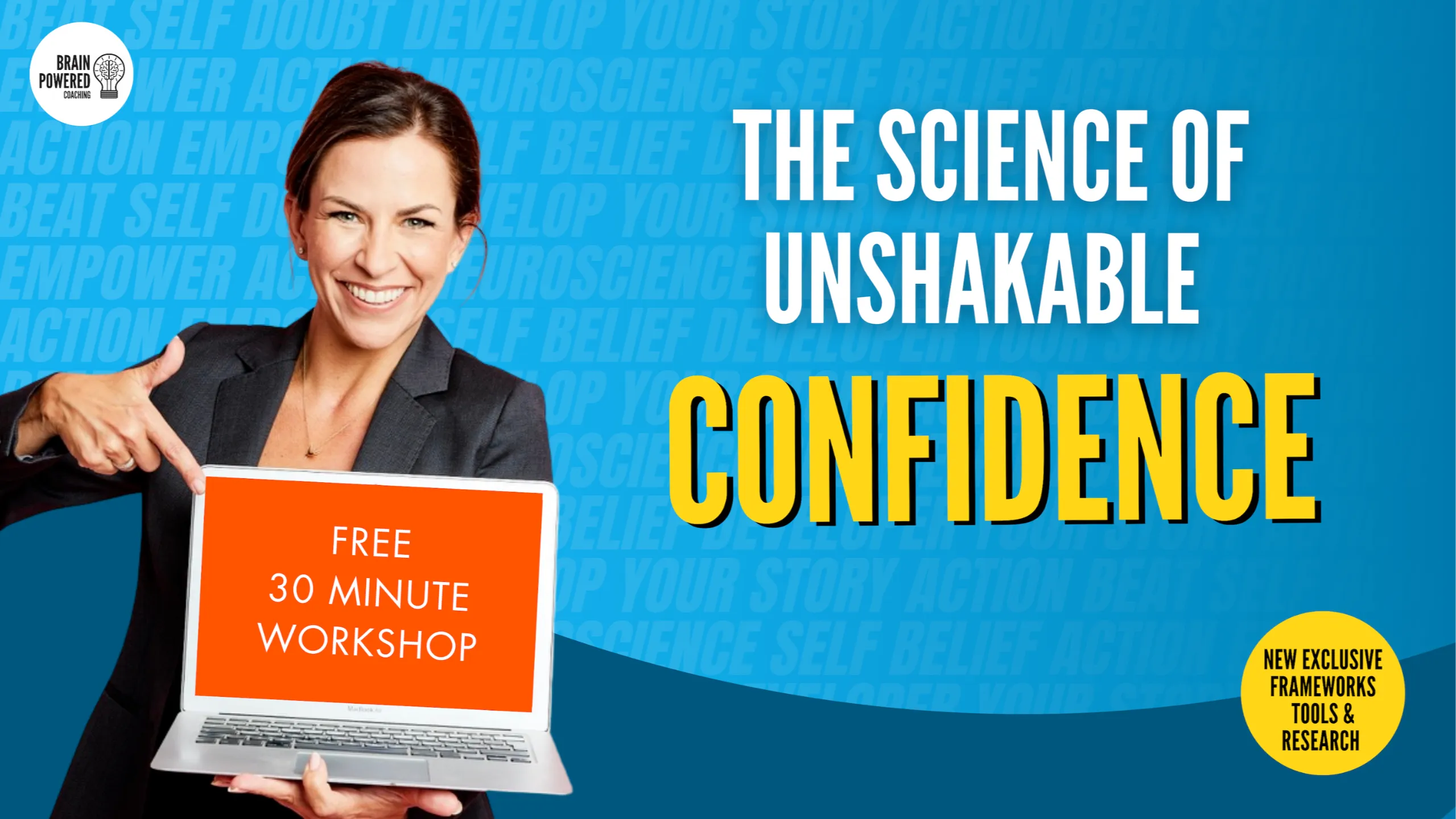Are you a Human Doing or Human Being?
Apr 23, 2022
The To Do List. Never ending, often seeming to grow rather than shrink, and everything seems like it's high priority. But what if we wake up one day, 90 years old, with a feeling that all we have experienced is DOING? How satisfied will we feel, knowing that we knocked thousands of things off the list (tick tick tick) but never really experienced the joy of the moment?
The interesting thing is that our brains give us that little reward of dopamine every time we tick. Yes, yes, yes, it says, more, more, more. But the problem is, more is never, ever enough. You will never be satisfied by more and that’s why dopamine is the pursuit molecule. It has driven the human species to find mates, reproduce, grow and develop to where we are today – quite a wonderful feat of doing.
But if we never spend time to BE we will feel empty, unsatisfied and like something is missing.
So what is the BEING bit? How do we find it?
Chemically, being is about Serotonin, Oxytocin and Endorphins. Daniel Z. Lieberman in his book “the Molecule of More” calls them the ‘Here and Now’ chemicals. These are what allow us to appreciate right now; the present and who is around us. It’s also easy to do… just bring your attention into this moment – not thinking about the past or present, but what’s happening here. You’ll find great joy, even if fleeting at first.
But people feel it too, when you are really a Human Being with them, not a Human Doing.
This wonderful concept was introduced to me by Ben Crowe, the Ash Barty’s performance coach who I had the pleasure of meeting recently. When he mentioned it, it was like a thunderbolt for me. So many people, especially high achievers experience this lack of satisfaction – after all, that’s partly why they continue to strive to push, exceed and excel. But at what cost?
What are you missing out on in the beauty of now – whether it be a beautiful sky, a moment with your kids or a true connection with a friend? It’s all here for you to experience, roll around in and enjoy.
The problem lots of people raise is, but I’m too busy; I struggle to be present; I’m always just doing. You can improve this with these 3 things:
Be Grateful. Gratitude has been shown in significant meta-research to release more serotonin, improve physical and mental wellbeing and reduce stress. It’s like painting the world with glitter so it sparkles every time you look up.
Be Mindful. Mindfulness – bringing your attention to the ‘now’ – helps us to notice the joy in the present. It stops us from skipping onto the next doing item to achieve. It reduces the sensitivity in our brain’s smoke alarm, the amygdala, so means we have time to respond to things, rather than just react.
Celebrate. Notice the big things and the small things that you and others achieve. Bring them into consciousness, really celebrating the effort, contribution and teamwork that it took to make them happen. Don’t just reset the bar – you miss an important opportunity for bonding and trust to form within the group.
And remember, when you bring it back to basics, you were meant to be a Human Being not a Human Doing.

Enjoyed this article? Share it!
References:
Daniel Lieberman, The Molecule of More (2018) – Dopamine - How a Single Chemical in Your Brain Drives Love, Sex, and Creativity and Will Determine the Fate of the Human Race
https://www.amazon.co.uk/Molecule-More-Chemical-Creativity-Determine-ebook/dp/B077ZCGT8N
Grant & Gino, A Little Thanks Goes a Long Way: Explaining Why Gratitude Expressions Motivate Prosocial Behavior (2010)
https://www.umkc.edu/facultyombuds/documents/grant_gino_jpsp_2010.pdf
Exploring neural mechanisms of the health benefits of gratitude in women: A randomized controlled trial – found reductions in inflammatory markers and reduction in amygdala activity
https://pubmed.ncbi.nlm.nih.gov/33932527/
Benefits of Meditation (includes links to research papers) (2021): https://www.headspace.com/science/meditation-research
Kriakous SA, Elliott KA, Lamers C, Owen R. The Effectiveness of Mindfulness-Based Stress Reduction on the Psychological Functioning of Healthcare Professionals: a Systematic Review
https://pubmed.ncbi.nlm.nih.gov/32989406/
SUBSCRIBE FOR WEEKLY LIFE LESSONS
We hate SPAM. We will never sell your information, for any reason.



